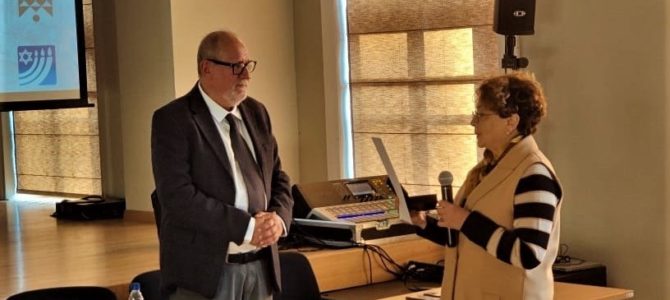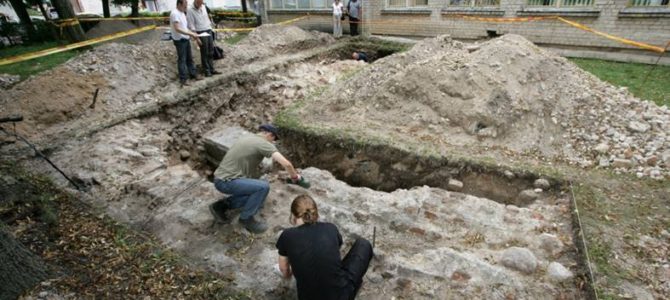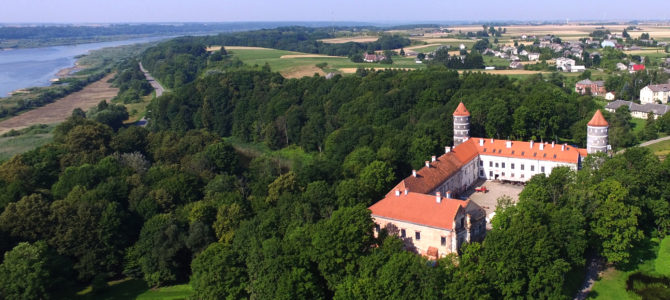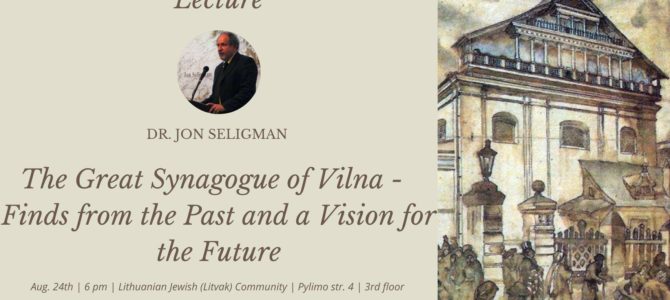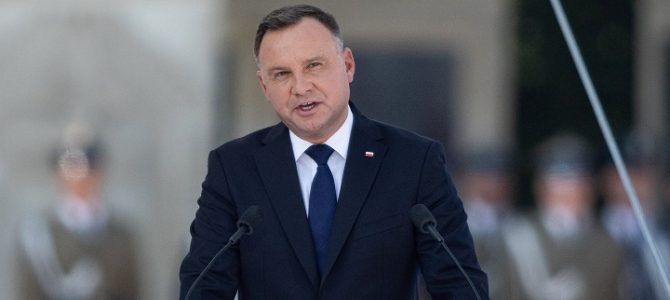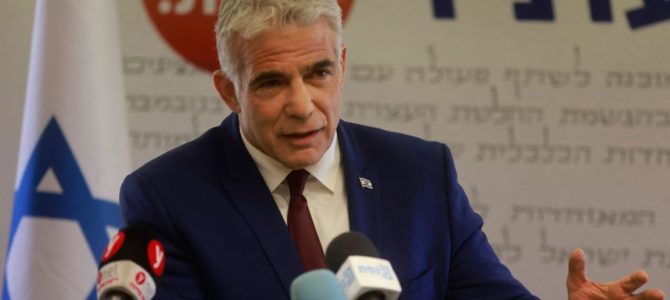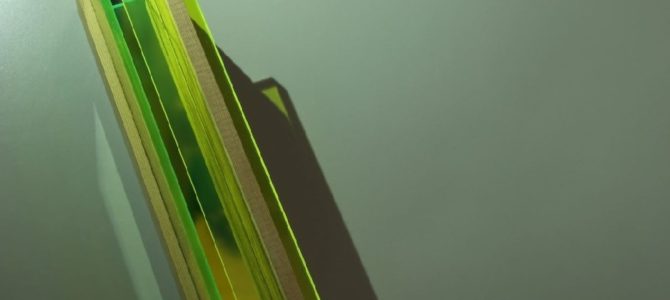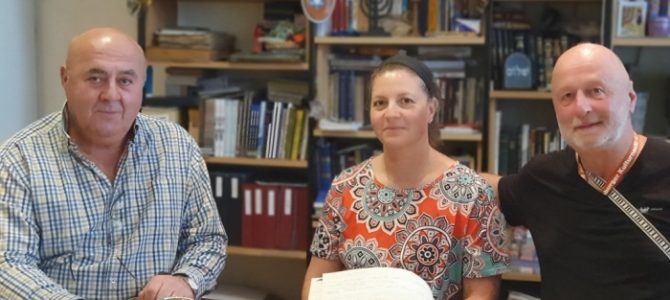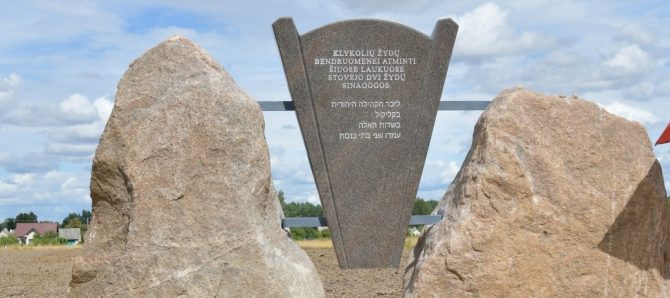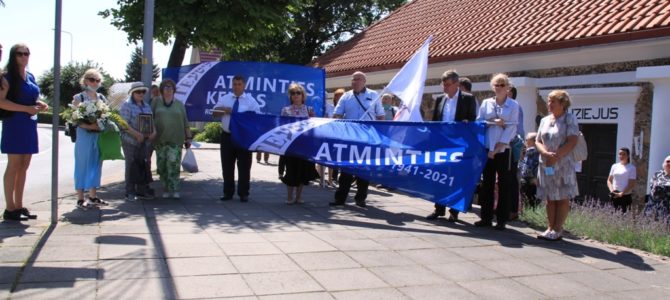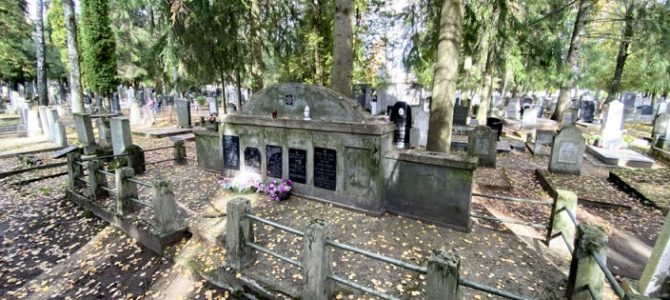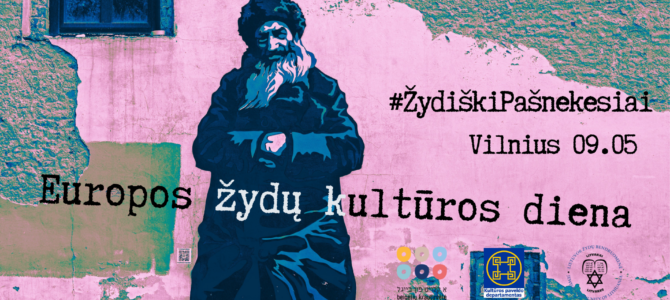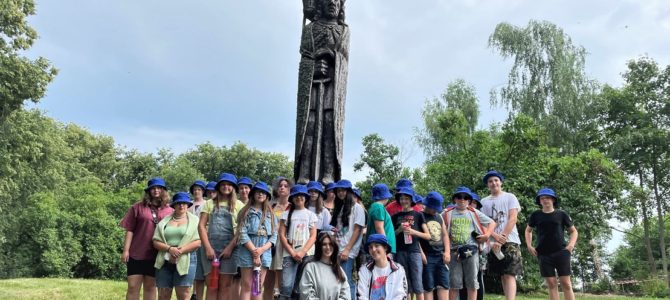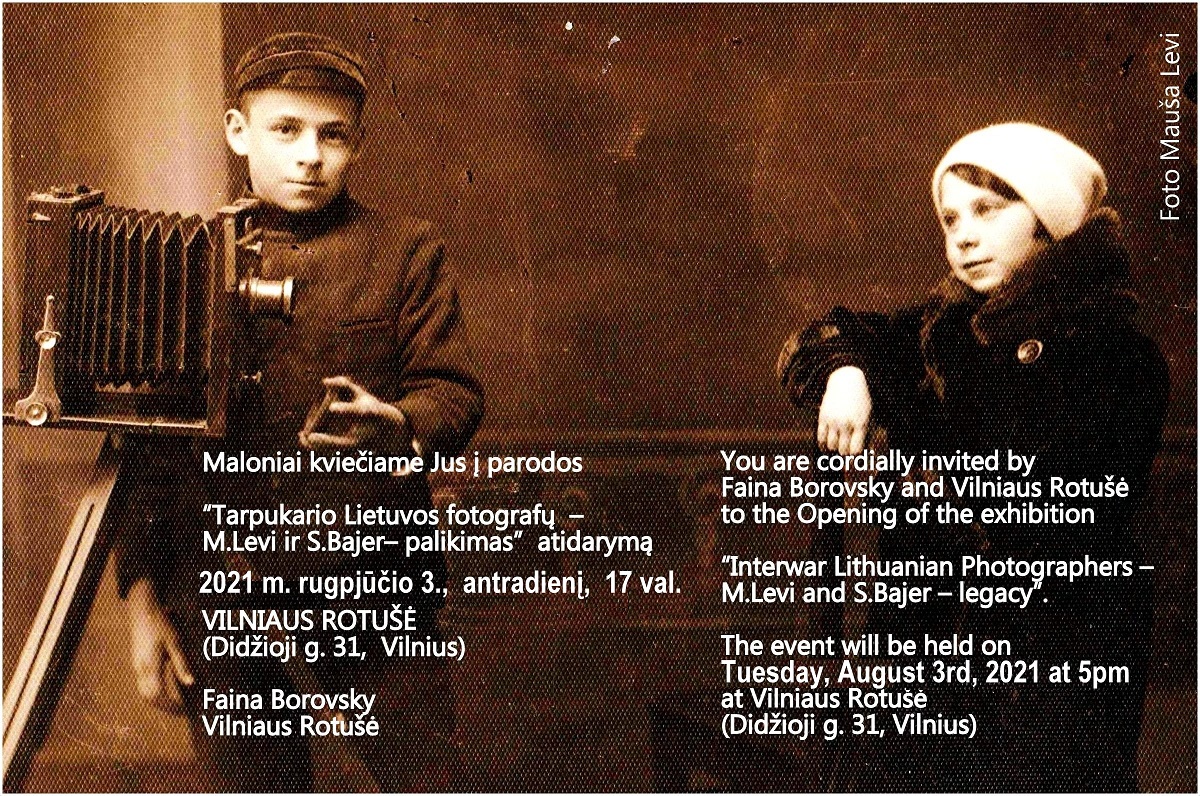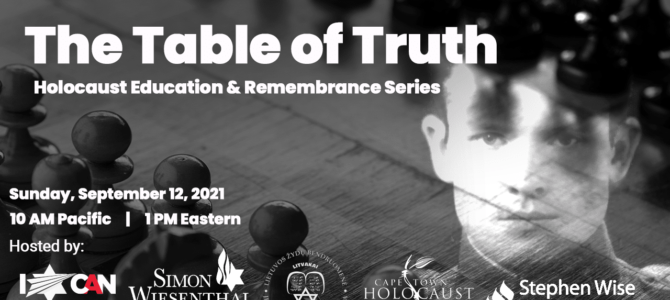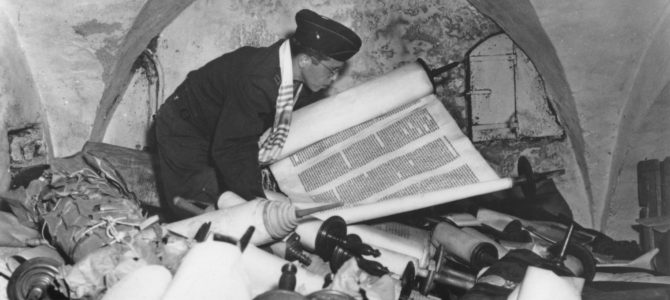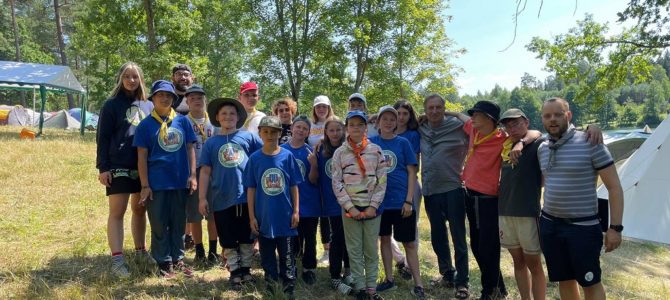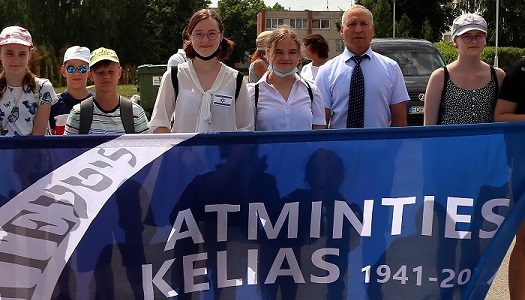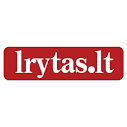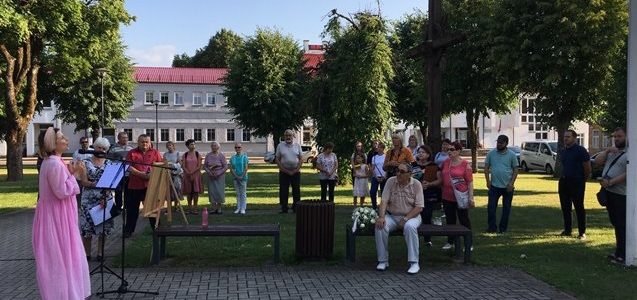A US Army chaplain examines one of hundreds of Jewish Torah scrolls, stolen from all over Europe by Nazi forces, in Frankfurt, Germany in 1945. Photo: Irving Katz/US Army Signal Corps/FPG/Hulton Archive/Getty Images
Seventeen scrolls, manuscripts, and community records [pinkasim] which were stolen from Jewish communities in Eastern Europe during WWII have been recovered, the Department of Justice announced Thursday.
Why it matters: “The Scrolls and Manuscripts that were illegally confiscated during the Holocaust contain priceless historical information that belongs to the descendants of families that lived and flourished in Jewish communities before the Holocaust,” acting US attorney Jacquelyn Kasulis said in a statement.
• “This Office hopes that today’s seizure will contribute to the restoration of pre-Holocaust history in Eastern Europe.”
The big picture: The documents were found through a Brooklyn auction house which had them for sale. In addition to the 17 artifacts recovered, four more are believed to exist: three in upstate New York and one in Israel.
• The records date from the mid-19th century to World War II and were looted from Jewish communities in Romania, Hungary, Ukraine and Slovakia.
• According to an affidavit in the case, the artifacts were believed to be “lost for all time” prior to being offered for sale at the New York auction house.
Full article here.


